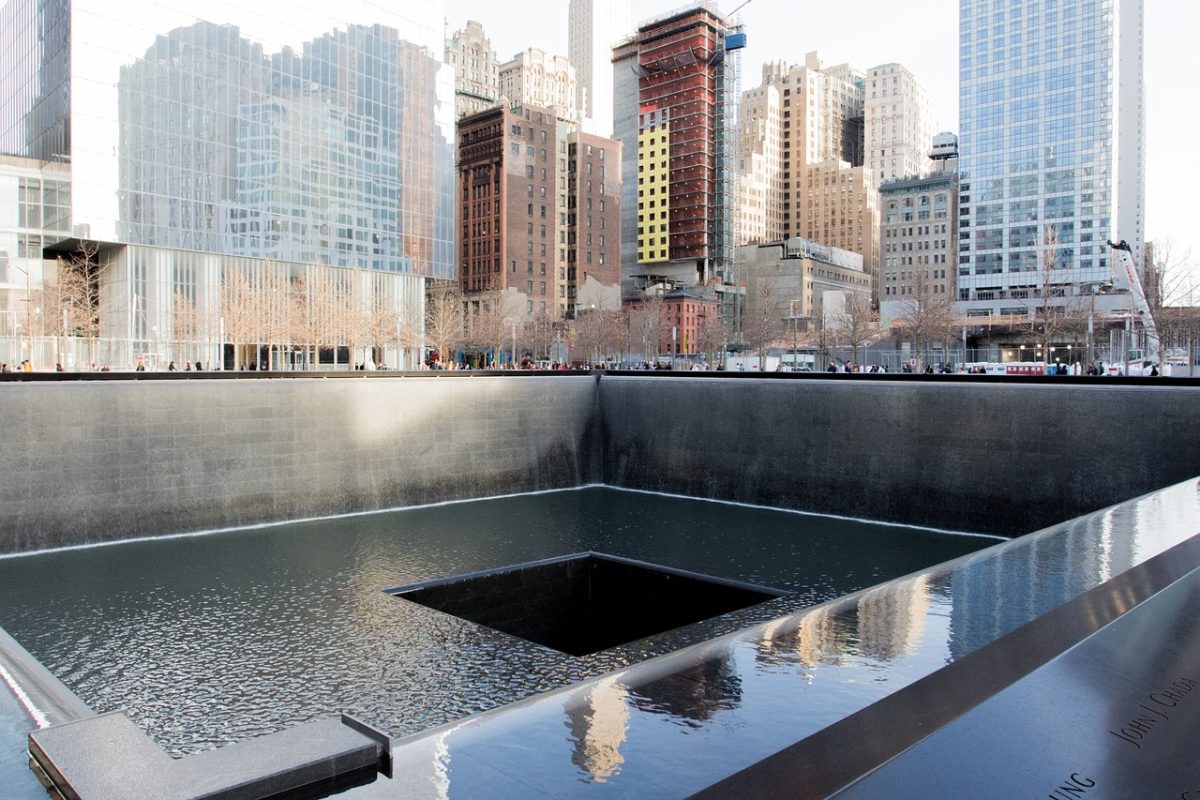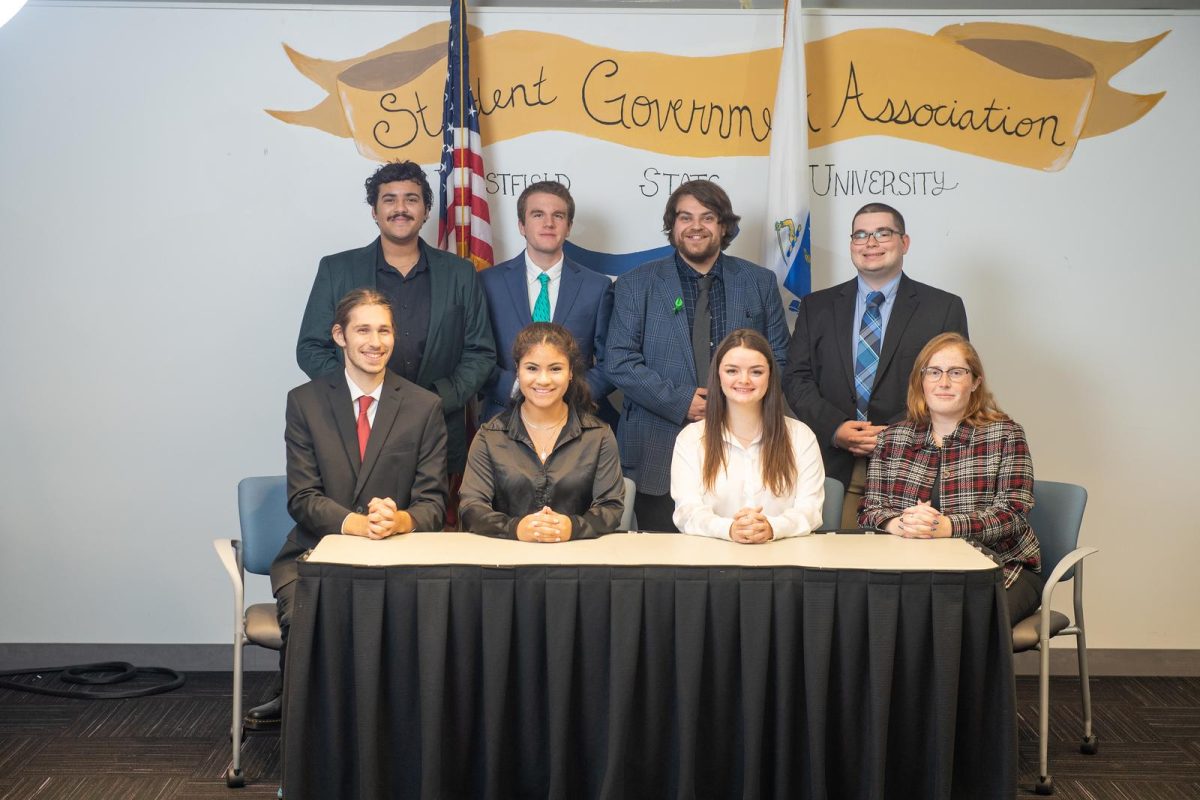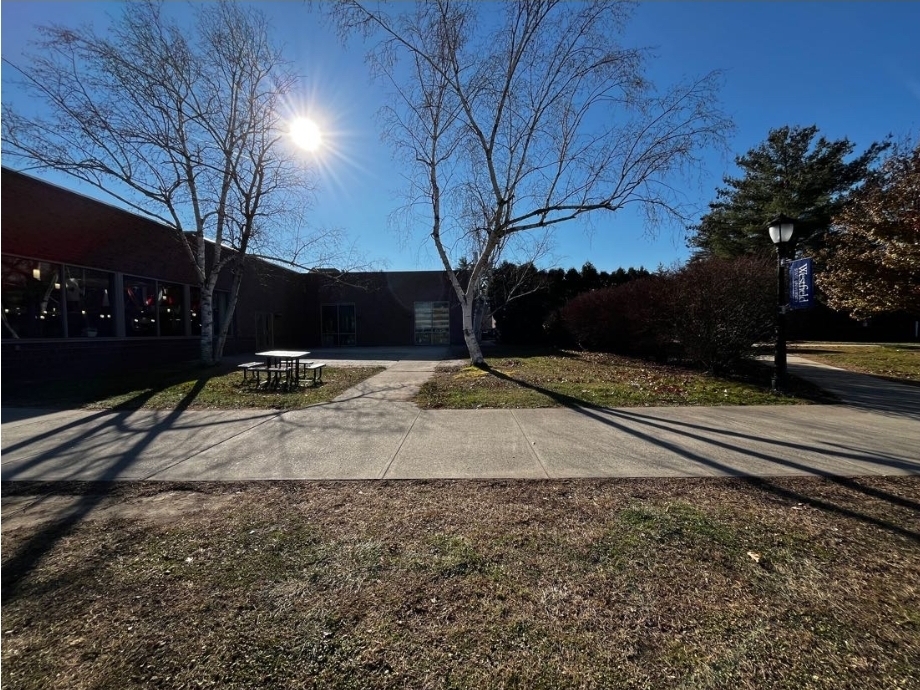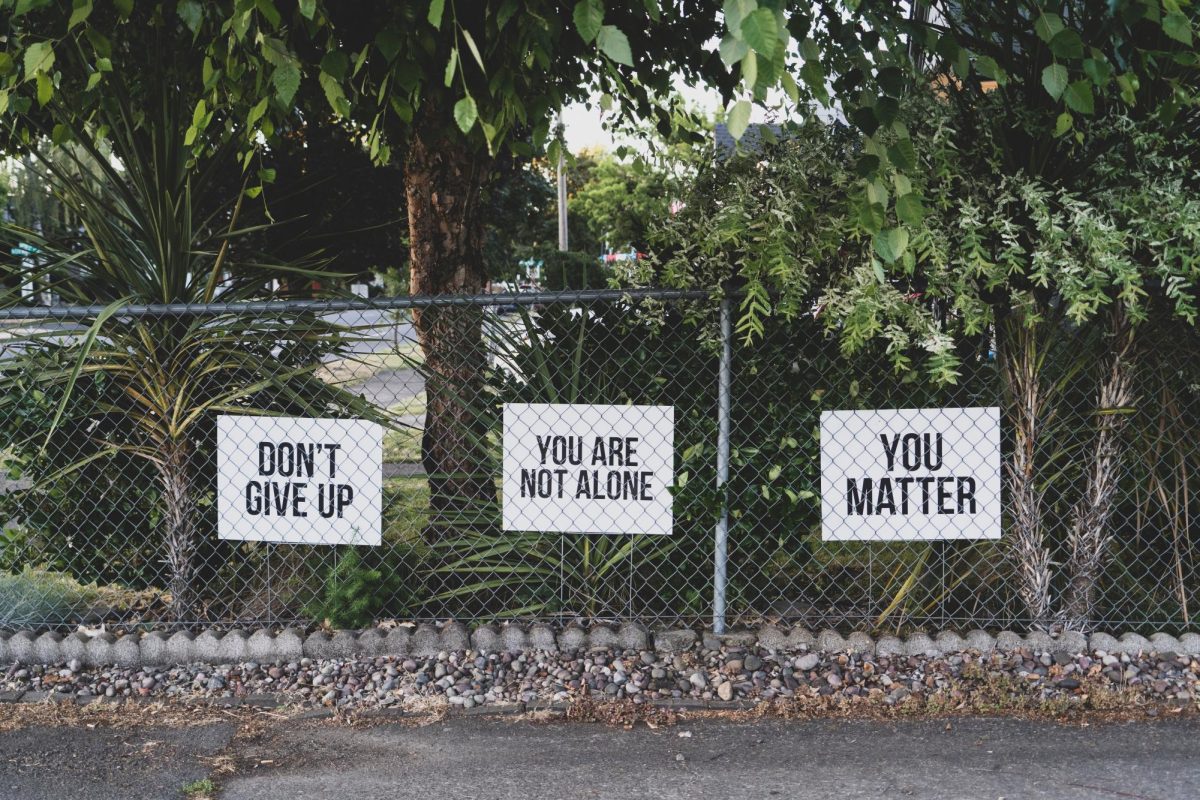Earlier this year, Westfield State University’s “Higher Ed Higher Ground” program hosted Dr. Toussaint Losier to speak about national prison strikes that engulfed penitentiaries this summer. Losier is a professor at University of Massachusetts in the W.E.B. Du Bois Department for Afro-American Studies.
Ignited by poor conditions, over-crowding and underpaid prison work, the 2018 prison strikes are the latest action of a movement that seeks to combat mass incarceration in the United States.
Mass incarceration is a disturbing and distinctly American tragedy. This refers to our aggressive policies and practices of putting people behind bars, especially minority groups who are disproportionately incarcerated (whether in prisons, jails, detainment centers, or juvenile detention centers).
The tragedy of mass incarceration has ravaged our country for decades, originating with deindustrialization and “tough on crime” policy rhetoric of the mid-twentieth century.
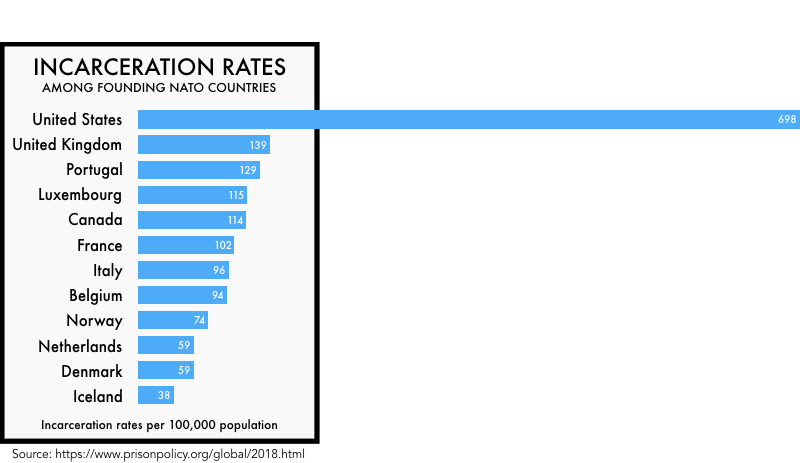
Dr. Losier reasoned that deindustrialization was a factor in because many prisons are also manufacturing hubs. Inmates are paid pennies per hour to produce goods ranging from mattresses to office products.
Deindustrialization occurred as the global economy formed and manufacturing moved overseas, where human labor is significantly cheaper. Although U.S. inmate labor remains competitive with Asian manufacturing, prison work programs have met resistance from both consumers and inmates; often being referred to as “modern day slavery.”
Sometimes resistance from inmates comes in the form of organized strikes or revolts. The 2018 strike was significant because it was organized across the entire country – by people who are in jail themselves. The strike lasted from Aug. 21 to Sept. 9, and promoted demands including an end to excessive sentencing, poor conditions, racist overcharging, and no wage or low wage labor. Recognizing the difficulty of attaining all these demands, organizers also sought to push prison reform to the front of the national agenda.
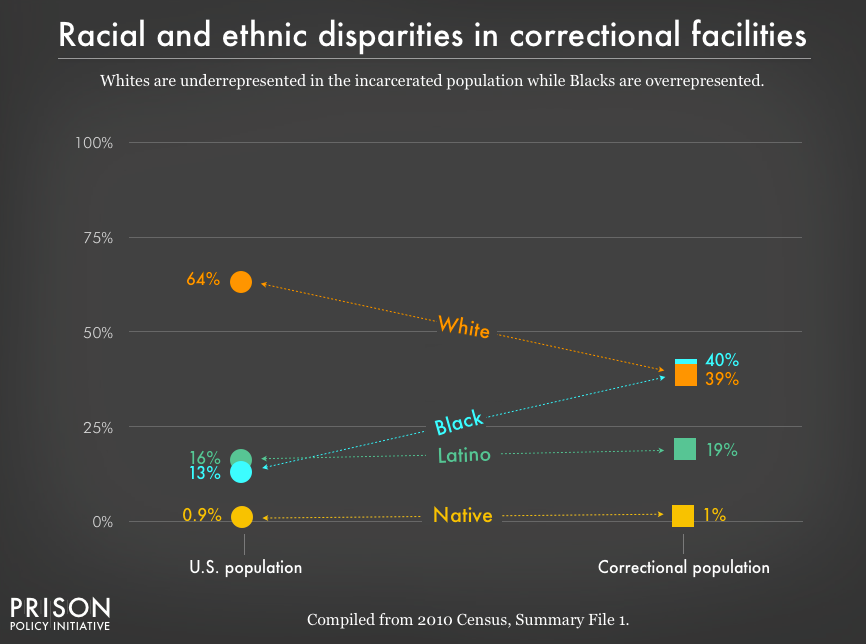
Inmate-led movements to resist mass incarceration dot contemporary history, from the bloody Attica prison uprising of 1971 to the 2017 revolt at a maximum-security facility in Shirley, MA.
According to Dr. Losier, the most recent prison strikes mark the beginning of a slow decline in mass incarceration. Reasons involve the immense cost to society, which is two-fold: not only does mass incarceration cost valuable taxpayer dollars to house inmates (about $80 billion per year), incarceration simultaneously plunders society of potentially productive people by robbing them, and their families of their working lives.
A 2016 study found the annual cost of mass incarceration in the U.S. to be around $1 trillion annually once social losses are factored in. (McLaughlin, 2016). To put that number in perspective, that’s about a quarter of the entire U.S. federal budget in fy 2018.
Dr. Losier’s talk was well attended by both faculty and students, especially members of the criminal justice department. “Higher Ed Higher Ground” will continue to host events and speakers that continue hard conversations around oppression and resistance. The next event takes place March 7 from 6-9 pm featuring MacArthur Genius Grant Fellow, Nikole Hannah-Jones. Her talk is entitled “Race, Equality, and the Modern Age of Segregation.”


